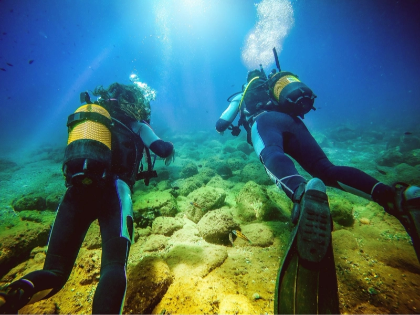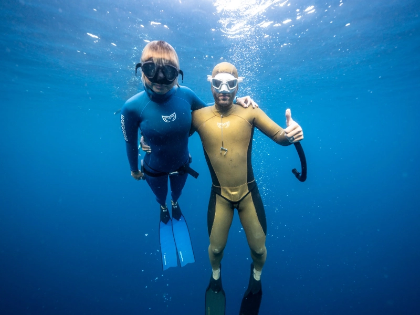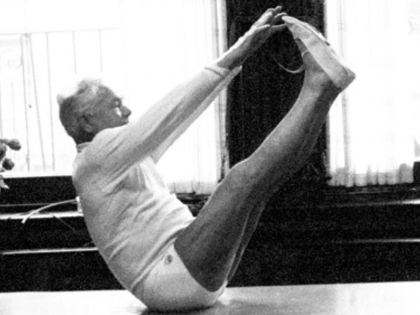Scuba Diving Insurance: Why It's Crucial For Every Diver
Though it seems like an additional expense, scuba diving insurance is a need for every diver. Covering things like hyperbaric chamber treatments and trip cancellements, it goes beyond what your normal health policy addresses. Usually lacking coverage for diving, general travel policies may have restrictions including depth limits or need medical coverage for divers to qualify. Getting dive specific coverage guarantees protection of your investment.
1. It is required by law
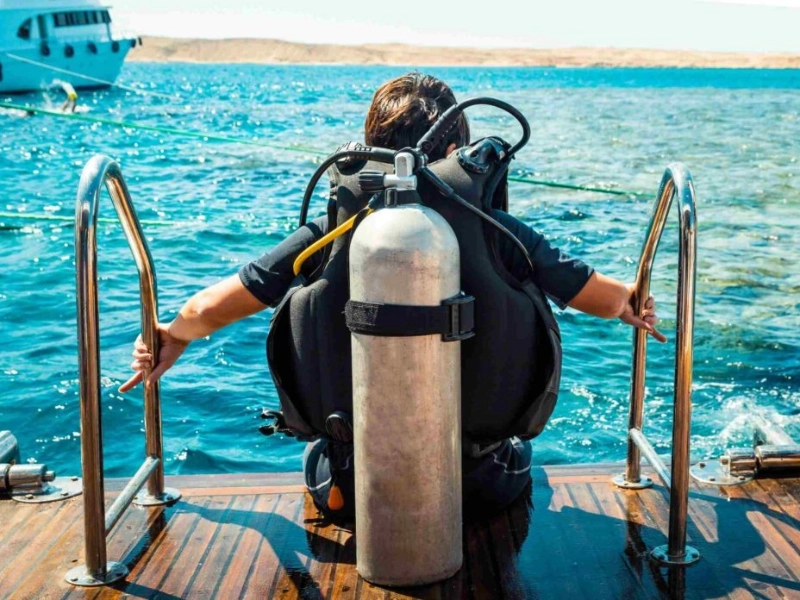
2. It's a wise purchase
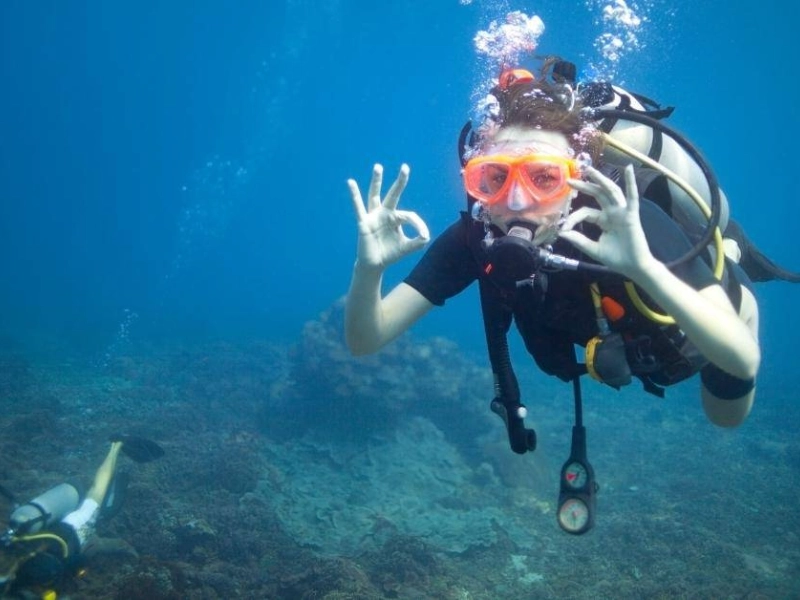 Choosing a diving insurance policy requires some consideration of several factors. First take into account the coverage limits; certain plans could restrict dive depth or locations. Search for a policy as well that incorporates hyperbaric treatment and emergency medical evacuation.
Your diving experience tells the insurance provider a lot about your degree of knowledge and the hazards you run across. This is the reason some businesses may pay professional divers more than they would to leisurely divers.
Certain travel and adventure insurance products, including Faye, provide a unique water sports add-on covering scuba diving and other excursions. Generally speaking, these schemes are less costly than traditional travel insurance. They also cover sporting equipment delayed, misplaced, or stolen during your trip. This is crucial whether you decide to pack your own equipment instead of renting it in the travel destination. Replacing or fixing your equipment could prove expensive.
Choosing a diving insurance policy requires some consideration of several factors. First take into account the coverage limits; certain plans could restrict dive depth or locations. Search for a policy as well that incorporates hyperbaric treatment and emergency medical evacuation.
Your diving experience tells the insurance provider a lot about your degree of knowledge and the hazards you run across. This is the reason some businesses may pay professional divers more than they would to leisurely divers.
Certain travel and adventure insurance products, including Faye, provide a unique water sports add-on covering scuba diving and other excursions. Generally speaking, these schemes are less costly than traditional travel insurance. They also cover sporting equipment delayed, misplaced, or stolen during your trip. This is crucial whether you decide to pack your own equipment instead of renting it in the travel destination. Replacing or fixing your equipment could prove expensive.
3. That's a wise concept
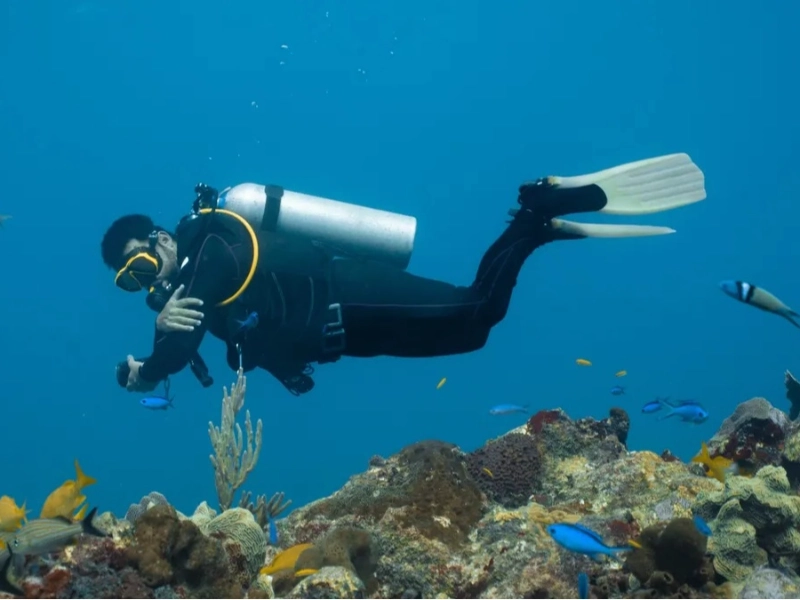 One quite cheap approach to pay for unanticipated expenses that could wipe out your dream trip and bank account is dive insurance. Furthermore, DAN (Divers Alert Network) reports that decompression illness is quite rare—just one or two instances per 10,000 dives.
Less catastrophic events, such a broken leg resulting from a slide on a boat's deck, will also be covered by a good package. Alternatively a nasty coral cut needing antibiotics and sutures.
There are several policy levels to fit different kinds of divers and budgets. Certain insurance even cover non-diving medical expenses, which would be very helpful should you become ill or injured overseas. Certain policies also provide direct payment, which can be a true life saver in many nations where medical centres charge for treatment and subsequently refund the diver later—a great hassle. Finally, some policies offer a 24/7 emergency hotline you could call should an accident strike.
One quite cheap approach to pay for unanticipated expenses that could wipe out your dream trip and bank account is dive insurance. Furthermore, DAN (Divers Alert Network) reports that decompression illness is quite rare—just one or two instances per 10,000 dives.
Less catastrophic events, such a broken leg resulting from a slide on a boat's deck, will also be covered by a good package. Alternatively a nasty coral cut needing antibiotics and sutures.
There are several policy levels to fit different kinds of divers and budgets. Certain insurance even cover non-diving medical expenses, which would be very helpful should you become ill or injured overseas. Certain policies also provide direct payment, which can be a true life saver in many nations where medical centres charge for treatment and subsequently refund the diver later—a great hassle. Finally, some policies offer a 24/7 emergency hotline you could call should an accident strike.
4. You really must have
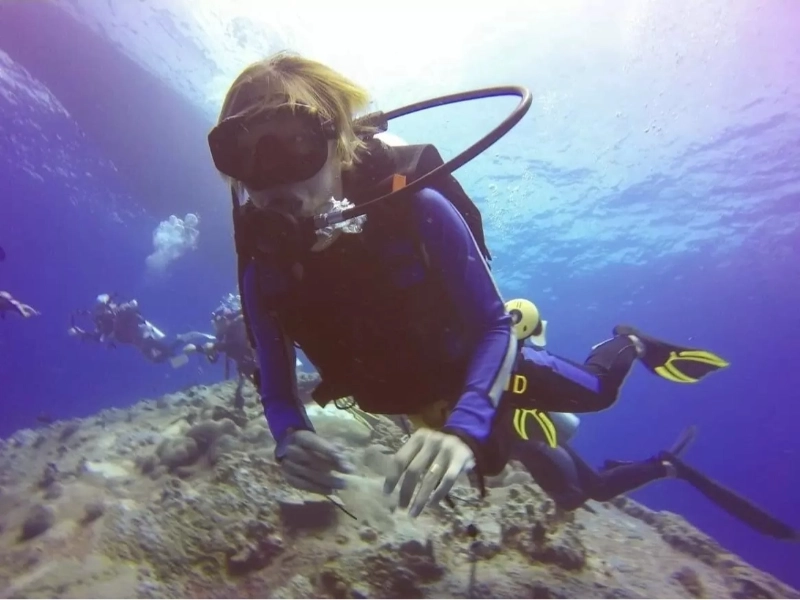 Insurance is a wise investment whether your diving is recreational, professional, or instructor guiding groups of divers or your diving on vacation. Should an accident or injury arise, scuba diving insurance covers your gear and medical expenses.
Apart from covering your scuba diving gear, you could purchase travel insurance that pays you back should an emergency cause a cancellation of your trip. Policies with generous benefits for hyperbaric chamber therapy and emergency medical evacuations also abound. Most insurance companies provide several policy tiers with varied coverage amounts and pay-out restrictions for these costs.
Apart from these advantages, a scuba diving insurance coverage can save you money over time and provide you piece of mind. Consider it your diving guardian angel, poised to intervene and provide a helping hand as most needed.
Insurance is a wise investment whether your diving is recreational, professional, or instructor guiding groups of divers or your diving on vacation. Should an accident or injury arise, scuba diving insurance covers your gear and medical expenses.
Apart from covering your scuba diving gear, you could purchase travel insurance that pays you back should an emergency cause a cancellation of your trip. Policies with generous benefits for hyperbaric chamber therapy and emergency medical evacuations also abound. Most insurance companies provide several policy tiers with varied coverage amounts and pay-out restrictions for these costs.
Apart from these advantages, a scuba diving insurance coverage can save you money over time and provide you piece of mind. Consider it your diving guardian angel, poised to intervene and provide a helping hand as most needed.




